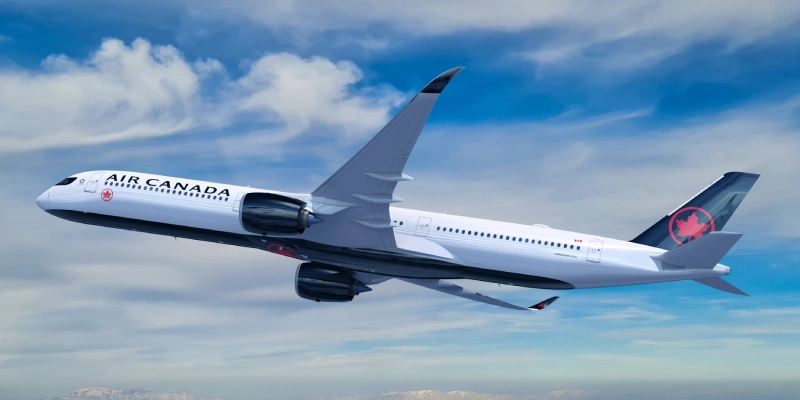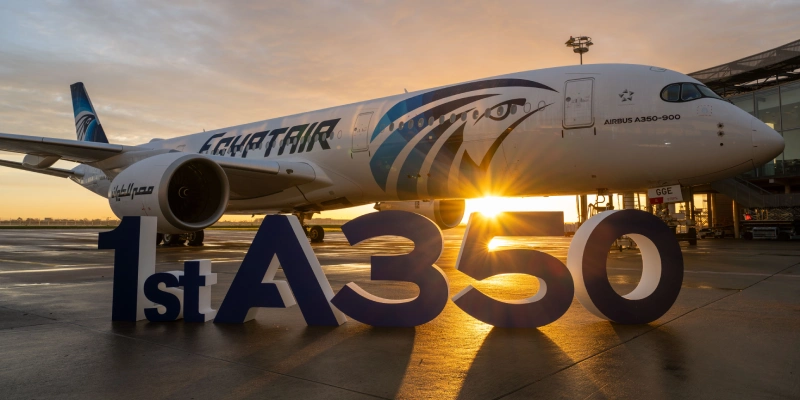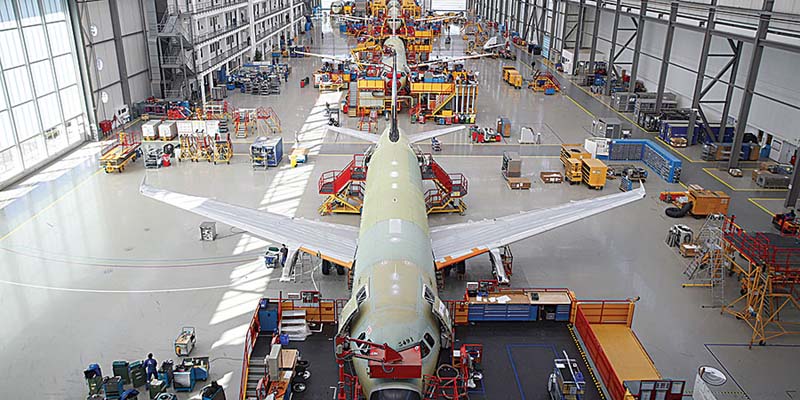GE Aviation has selected Boeing to support flight tests of its hybrid electric propulsion system using a modified Saab 340B aircraft and CT7-9B turboprop engines.
Boeing and its subsidiary Aurora Flight Sciences will provide GE Aviation with airplane modification, system integration and flight-testing services. That work includes nacelle manufacturing, flight deck interface design and software, aircraft-level performance analysis, and systems integration.
→ Boeing 737 Max lands for first time in Antarctica.
Previously, NASA and GE Aviation announced the launch of a new research partnership to mature a megawatt (MW) class hybrid electric propulsion system to demonstrate flight readiness for single-aisle aircraft. Plans are to conduct ground and flight tests in the mid-2020s. The program, part of NASA’s Electrified Powertrain Flight Demonstration (EPFD) project, is a total $260 million effort including investments from NASA, GE Aviation, Boeing and other partners over five years.
“We are excited about the opportunity to collaborate with Boeing to advance hybrid electric and electric propulsion systems,” said Mohamed Ali, vice president and general manager of engineering for GE Aviation. “NASA’s Electrified Powertrain Flight Demonstration project is an opportunity for GE Aviation and Boeing, world leaders in aviation technologies, to show hybrid electric propulsion is real and possible for the future of commercial flight to reduce carbon emissions.”
→ Qatar Airways orders 34 777X freighters, with option for 16 more.
“We’re inspired to be joining GE Aviation in demonstrating the viability of hybrid-electric propulsion technology,” said Naveed Hussain, Boeing chief technology officer and vice president and general manager of Boeing Research & Technology. “We’re pleased to contribute our extensive research and testing of hybrid electric propulsion systems—including a longstanding development partnership with NASA—for a project that will no doubt be an important milestone on the path to more sustainable air travel.”
Aircraft systems engineering and testing work will be based at Aurora’s headquarters in Manassas, Va., with nacelle manufacturing taking place in its facilities in Mississippi and West Virginia.
Related Topics
Air Canada Confirms Order for Eight Airbus A350-1000s
EGYPTAIR Receives Its First Airbus A350-900
Airbus Starts 2026 with 19 Deliveries and 49 New Orders
Saudi Arabia Prepares Mega-Order: Boeing and Airbus Compete for Over 150 Aircraft for Saudia

Plataforma Informativa de Aviación Comercial con 13 años de trayectoria.




